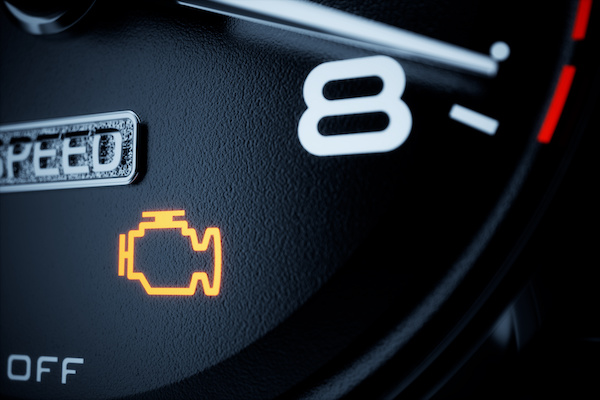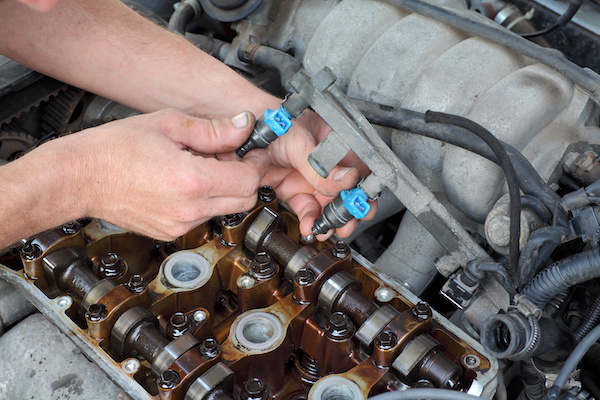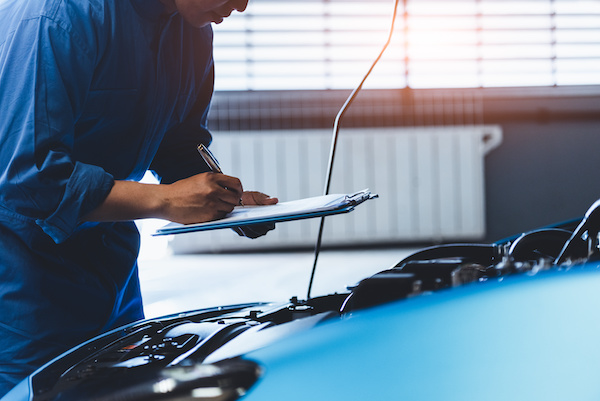Posted on 11/24/2021

Before you can decorate the Christmas tree, place gifts under it, and get in the holiday spirit, you have to get the tree home from the lot first. You're going to need a trusty car and some tools to bring it home without damaging the tree or your car. Before you head on over to pick your tree this year, please make a note of the following tips! Gather your supplies To do the job successfully, you will need a blanket, tarp, or sheet to protect the interior and exterior of your vehicle from sap and needles. This layer between your tree and the roof of the car can serve to prevent scratches. You'll also need rope, bungee cording, or strong straps to fasten the tree. And don't forget a good pair of gloves to avoid a prick! Protect your car with wax Before carrying your tree, it's a good idea to get car wax to protect your vehicle's paint. Car wax provides a worthwhile layer of protection. Have your tree netted If the service is available at the farm, make sure it ... read more
Posted on 10/20/2021

If something is troubling your car, you definitely want to be aware of it. Yet, the sudden and unanticipated outline of the check engine light can create a pit in your stomach. The check engine light is simply a notice that your car has a problem. But what if it starts blinking? Is that better, or is it worse? PURPOSE OF THE CHECK ENGINE LIGHT Before we get into the nitty-gritty, you should probably know more about the check engine light and how it works. Every car has a collection of sensors monitoring different parts. These sensors are constantly communicating with your onboard computer. When the computer detects a problem, it will try to correct the problem. It will signal to you for additional help if it can't fix itself, hence your dashboard warning lights. The check engine light is unique to all the other lights as it could turn for multiple reasons, which is why it's imperative to take it to an auto repair shop. At the shop, our techs will run a scan for you to ... read more
Posted on 9/21/2021

Most people don't think of fuel injectors when it comes to maintenance, but they play a vital role. Fuel injectors manage fuel flow and fuel going into the combustion chamber to enable the combustion process. Without proper care, the fuel injectors may cause various issues, including electrical problems and clogs/build-ups. Please be alert at the signs of bad injectors so that you act fast: Check Engine Light Comes On One of the issues that can trigger the check engine light to come on or to flash is a malfunctioning fuel injector. When a fuel injector fails, it will enable too much or too little gasoline to go into the engine. The engine control unit (ECU) will then detect the fluctuations of fuel in the motor, and consequently, can cause the check engine light to come on. Rough Idling If you notice an unpleasant noise coming from your motor while you're idling, it may be a warning signal of bad fuel injectors. The noise occurs when particles build up on the injector nozzl ... read more
Posted on 8/16/2021
.jpeg)
Did you know that you can get a ticket for a malfunctioning speedometer? Not only would you be risking a speeding ticket with an inaccurate speed reading, but you can get charged for both offenses -- harsh! A speedometer on all vehicles is an important safety feature susceptible to breaking or falling out of calibration. Most speedometer problems lie within the speedometer cable or housing. The majority of speedometers in our vehicles today are electric. The speedometer cable is fastened to a gear inside the transmission or driveshaft. This cable tracks the rotation through electrical vibrations then translates the duration of the electrical signal into the speed when you are driving. A secondary speedometer cable is connected to a wheel sensor and measures the distance at which your vehicle travels. The speedometer cable sends all this data to the instrument panel and then delivers the information to the speedometer. On the other hand, the cable housing is a protecti ... read more
Posted on 7/13/2021

It's always a little uncomfortable and scary buying a used car. Whether you purchase at a dealership or negotiate with a private seller, it's hard to know the vehicle's true history and what it has been through. However, you can still feel confident with your purchase by getting a pre-purchase inspection at Autobahn Auto Repair. As a buyer, you have every right to seek a third-party evaluation of the car you want to purchase. The automotive service and repair experts at Autobahn Auto Repair can conduct a detailed and complete vehicle examination and provide you unbiased feedback based on what we find. A pre-purchase inspection can inform you if the vehicle is in good shape or if you should be concerned about hidden problems. Our technicians can also spot minor pain points that may not be an immediate problem now but could develop into something later. You'll leave our shop knowing exactly what you need to know before investing in the used automobile. &n ... read more